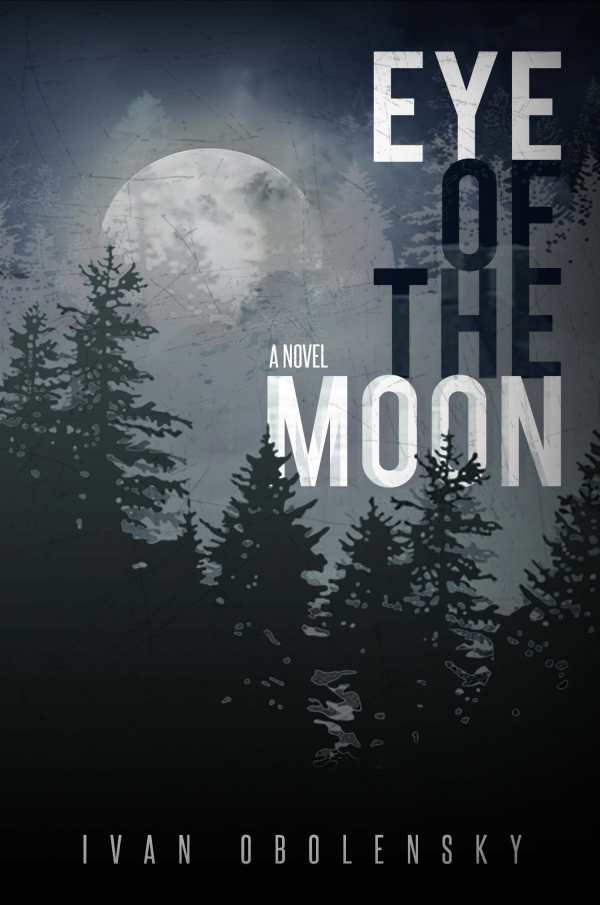
Eye of the Moon
Set in 1977, the novel has a timeless, eerie feeling.
Wealth, family politics, and the occult make for a strangely captivating and exotic brew in Ivan Obolensky’s Eye of the Moon.
Wealthy playboy Johnny Dodge invites his childhood companion Percy on an extended weekend in Rhinebeck at his family’s Gormenghastian country estate. At first, it seems that nothing more sinister is in the offing than the Bertie Woosterish hijinks of rich bachelor boys dodging the slings of omniscient butlers and the arrows of dreaded matrimony.
But Rhinebeck has many secrets, and so do the Dodges and their kin. Some of them are dark and decidedly uncomedic. Percy finds that both the past and the present hold threats that could destroy not only the Dodges and their fortune but him as well.
The novel is unusually formatted, told almost entirely in the form of dialogues between Percy and various habitués of, and visitors to, Rhinebeck over the course of five days full of discovery and confrontation. This takes a little getting used to, but it works well for the story. It allows the past to be revealed a bit at a time, gradually filling in parts of the extended plot that occurred long before Percy’s arrival.
Although the novel is nominally set in 1977, it has a timeless feel and could just as well take place at almost any time in the last century. The leisurely pace allows the audience plenty of time to wonder at the cryptic mysteries of Rhinebeck’s hidden libraries and long-abandoned bedchambers, to vicariously enjoy the sumptuous dishes and vintage wines provided by its admirable staff, and to absorb the implications of each discovery as Percy and Johnny investigate the feuds, betrayals, and occult secrets of the strange and tangled Dodge family history.
The only questionable note is the apparent placidity with which Percy and his friend accept some truly hair-raising events, including an apparent episode of demonic possession during which at least two sexual encounters take place. This is explained in the context of the story by reference to amnesia caused by the same exotic drug that enabled Percy and Johnny’s dabbling in occult rituals in the first place, but some readers may find it hard to credit that even the most jaded playboy could accept such experiences without grave psychic effects.
The surprising revelations and apparent coincidences come fast and furiously as the novel approaches its climax, but the groundwork was carefully laid for this intricate plot structure, and most threads are successfully tied together in the end.
Percy’s final words suggest that there is more to his story, but it is unclear whether those details are left to the imagination or whether the audience can anticipate further tales from Obolensky’s pen.
Reviewed by
Bradley A. Scott
Disclosure: This article is not an endorsement, but a review. The publisher of this book provided free copies of the book and paid a small fee to have their book reviewed by a professional reviewer. Foreword Reviews and Clarion Reviews make no guarantee that the publisher will receive a positive review. Foreword Magazine, Inc. is disclosing this in accordance with the Federal Trade Commission’s 16 CFR, Part 255.
